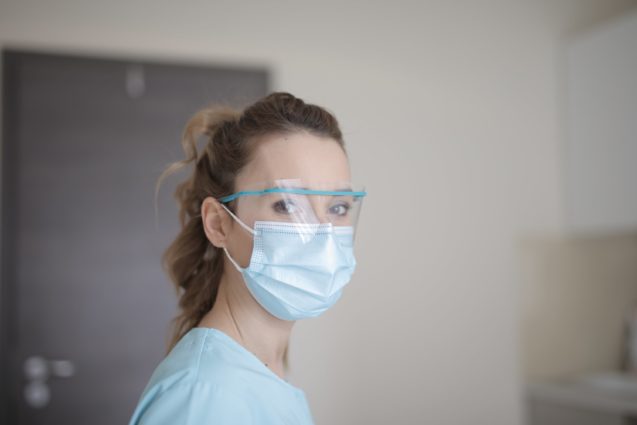As the situation around the novel coronavirus (COVID-19) rapidly evolves, Advanced OBGYN continues to adapt and to plan how to best take care of our patients. COVID-19 is currently spreading through the community of Houston. We are available to patients who need Obstetrical and Gynecological services, however, we also would like to protect our staff and patients from exposure and spread of the virus. Keeping that in mind, we ask the following…
Do NOT visit our office if you have any of the following:
- If you are feeling ill in any way
- If you have recently traveled
- If you have a known sick contact
If you are visiting our office, we ask the following:
- Do not bring visitors with you to your visit
- Practice good hand hygiene
- Use a tissue if you do sneeze or cough, and then throw the tissue away.
If you have any questions or concerns regarding symptoms, testing, or treatment, please visit the following websites for the most up-to-date information.
www.cdc.gov
www.txmed.org/coronavirus
www.acog.org
More
It isn’t just your typical period pain
As we all know, periods can be painful, especially with intense cramps that often accompany them. Because of this, it is sometimes hard to distinguish between the typical monthly discomfort most women feel or if it could be something else. With endometriosis, however, the pain from cramps can be debilitating, almost to the point where you do not want to get out of bed. Other symptoms of endometriosis include pain in the back or legs, pain during or after sex, painful bowel movements, bleeding in between periods and fatigue.
It can take a very long time to be diagnosed and treated
An endometriosis diagnosis can be particularly tricky, usually because symptoms vary from woman to woman. In fact, it can sometimes take an upwards of 10 years to successfully diagnose the condition because women are commonly misdiagnosed. There are also sometimes no symptoms, and not everyone with period pain has endometriosis. Another possible indicator is that it can run in families. If you have a first degree relative with endometriosis, you may have a higher risk (about 7%) of getting it. Ultimately, the only way to diagnose endometriosis is through a laparoscopy.
It does not mean that you can’t have children
Endometriosis does not necessarily mean kids are off the table. Most women who have this condition can go on to have children. On the whole, though, it is believed that the chances of fertility complications increase with the severity of endometriosis and with age.
The condition cannot be cured, but it can be treated.
One of the most common treatments for endometriosis is laparoscopic excision surgery, in which a doctor can remove lesions. However, these can be difficult to remove because the tissue is attached from both above and below. Another method used is hormone birth control, which can aid in the thinning of uterine tissue, which can prevent swelling and cramping.
Finding the right doctor to help is imperative
It is important to find a doctor with experience in treating endometriosis. This person should take the time to carefully go through all of your symptoms and ask the proper, detailed questions necessary to appropriately diagnose the condition. They should also be able to express any surgical options and any other alternative treatment options.
For more information on endometriosis and a team of experts skilled in treating this condition, please contact Advanced OBGYN.
More


